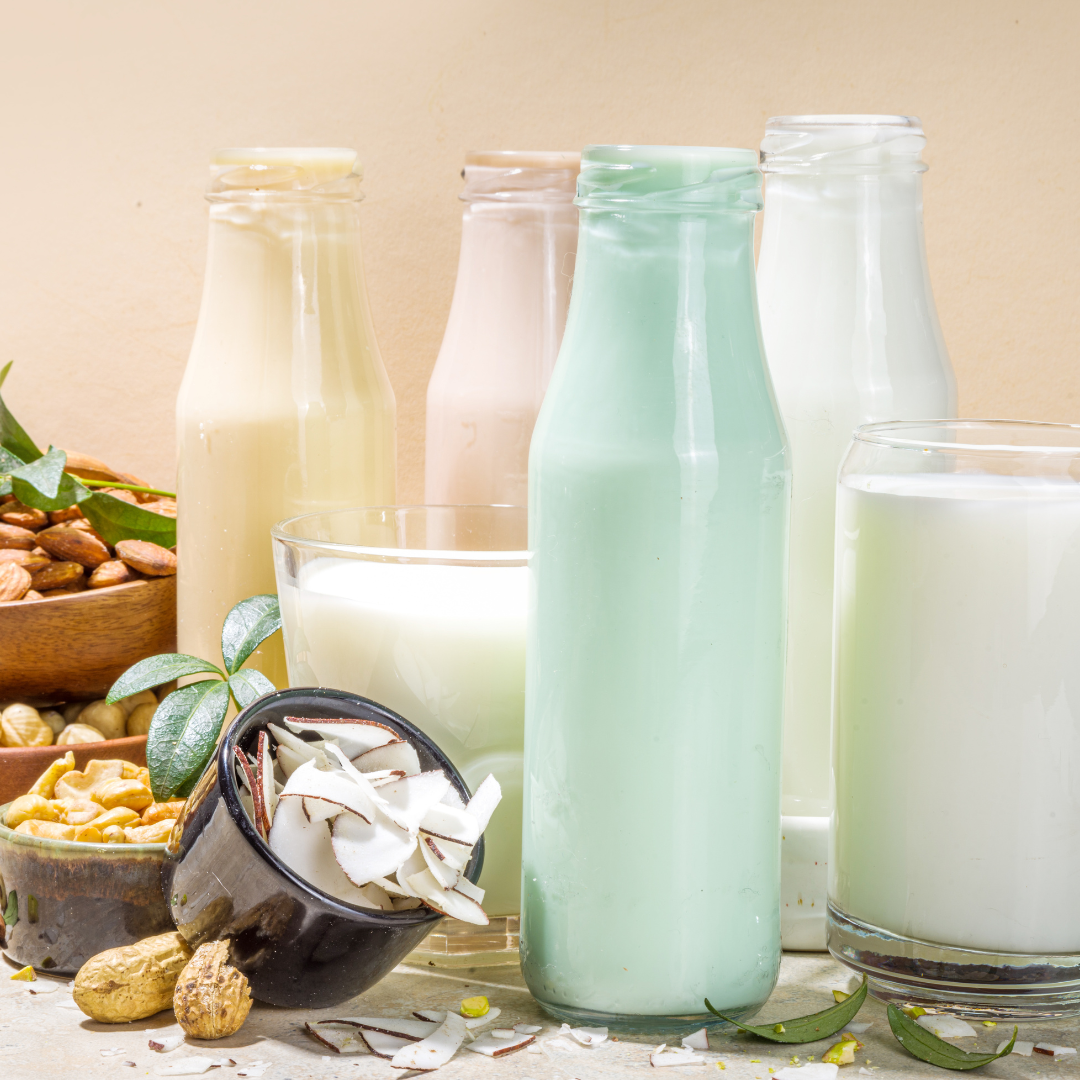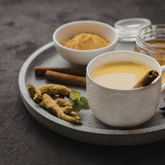In recent years, the popularity of plant-based milks has skyrocketed. Whether driven by dietary restrictions, ethical concerns, or environmental reasons, more people are turning to plant milks as an alternative to traditional dairy. For those with allergies, finding the right plant milk can be crucial. Here's what you need to know about allergy-friendly plant milk options.
Before diving into the options, it's important to understand the common allergens found in some plant milks.
These include:
- Soy: One of the most common plant milk bases, soy milk is nutritious but problematic for those with soy allergies.
- Tree Nuts: Almond, cashew, and hazelnut milks are popular, but they're off-limits for people with nut allergies.
- Gluten: While most plant milks are gluten-free, those processed in facilities that handle gluten-containing grains can pose a risk.
Allergy-Friendly Plant Milk Options
Oat milk has become a favorite for its creamy texture and versatility. It's naturally free from soy, nuts, and gluten (if certified gluten-free oats are used). It's an excellent choice for those with multiple allergies and offers a neutral taste that works well in both savory and sweet dishes.
Rice milk is another safe bet for those with allergies. It's made from milled rice and water, making it naturally free of soy, nuts, and gluten. Rice milk is slightly sweet and works well in cereals, smoothies, and baking.
Hemp milk is made from hemp seeds, which are not considered tree nuts, making it a good option for nut allergies. It's also free from soy and gluten. Hemp milk has a distinct, earthy flavor and is packed with omega-3 fatty acids.
Coconut milk is derived from the flesh of coconuts. While coconuts are technically tree nuts, many people with tree nut allergies can safely consume coconut. It's important to consult with an allergist before trying coconut milk. It's a rich, creamy option that's perfect for cooking and baking.
Pea milk, made from yellow split peas, is a relatively new player in the plant milk market. It's free from soy, nuts, and gluten, making it a versatile choice. Pea milk is high in protein and has a mild, slightly sweet flavor.
When selecting plant milk, it's important to read labels carefully. Look for products that are certified allergen-free and be cautious of cross-contamination if you have severe allergies. Additionally, consider the nutritional content, as some plant milks are fortified with vitamins and minerals like calcium and vitamin D, which are essential for a balanced diet.
Navigating the world of plant milks with allergies can be challenging, but with so many options available, there’s likely a perfect fit for everyone. From oat and rice milk to the unique flavors of hemp and pea milk, there's an allergy-friendly option to suit your needs.
For those who want the convenience of homemade plant milk without the hassle, try giving Milky Plant a chance. With Milky Plant, you can have your favorite plant milk ready in just 3 minutes, at the push of a button, and with full control over your ingredients. Embrace the freedom and peace of mind that comes with knowing exactly what's in your plant milk.















